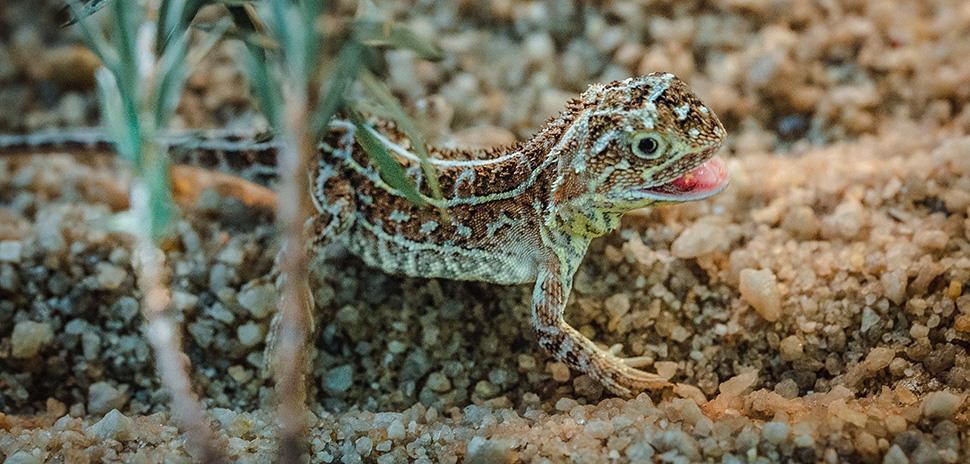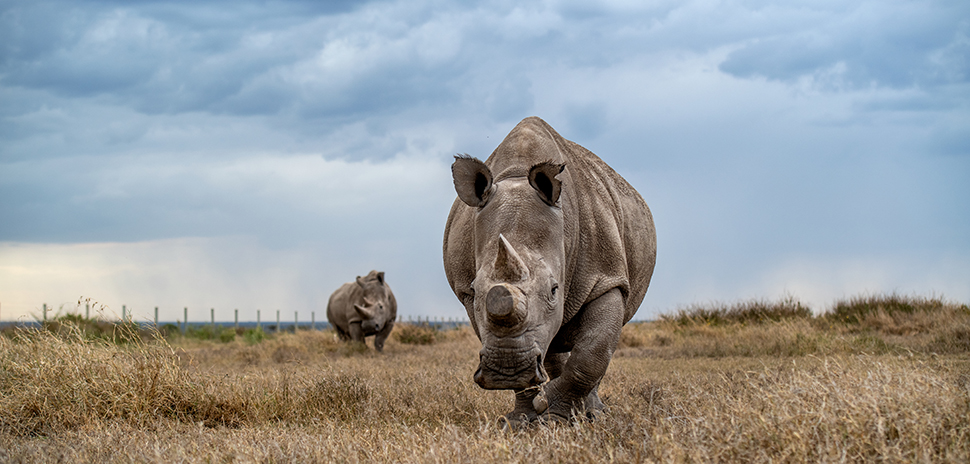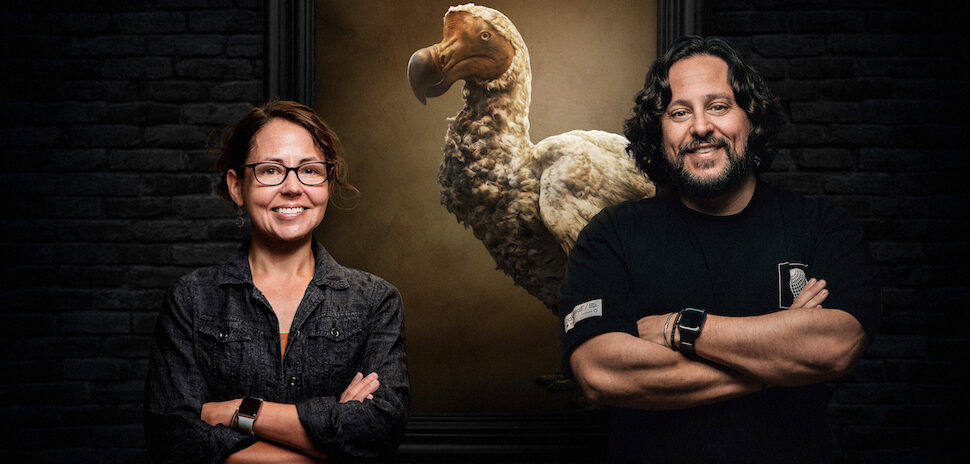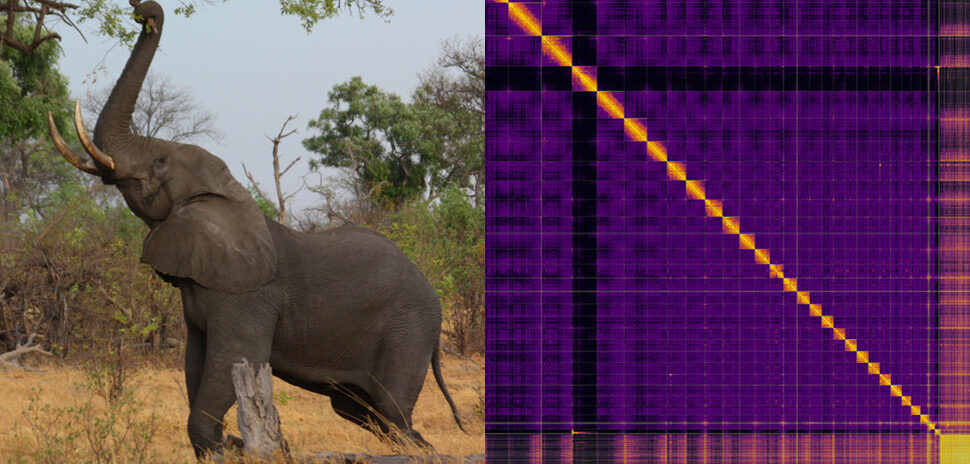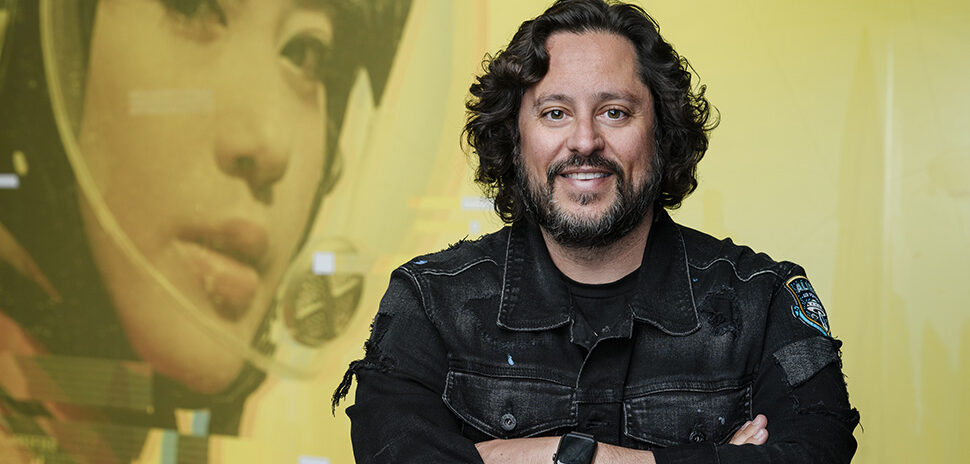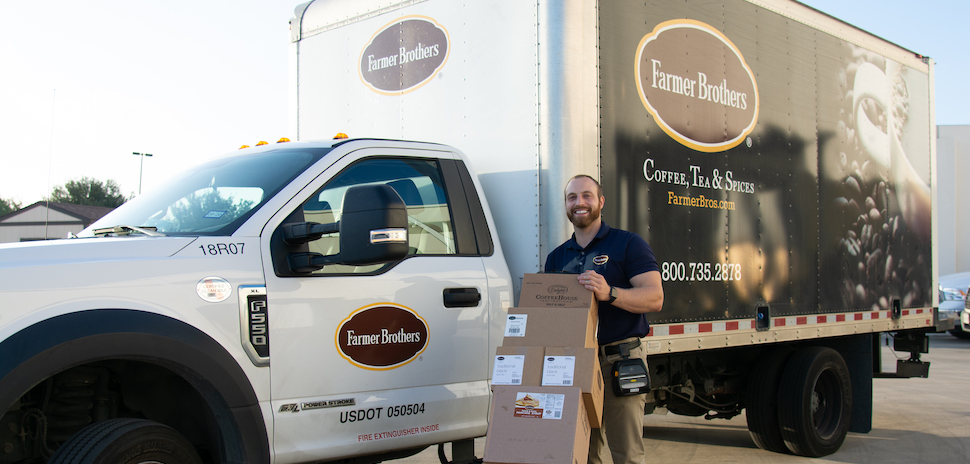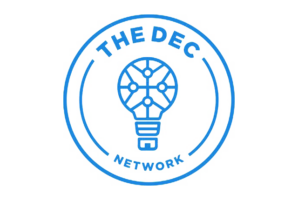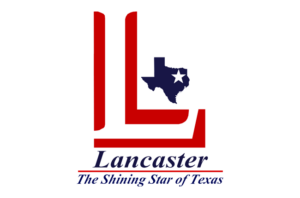OK, it may not be as big—or as fire-breathing—as the dragons that swooped over Westeros on “Game of Thrones.” But Australia’s Victorian Grassland Earless Dragon is every bit as magical for simply hanging in there, decades after many thought it was extinct.
Not seen since 1969, the disappearing dragon suddenly reappeared earlier this year when it was rediscovered by chance. And now Texas-based Colossal Biosciences—which has a significant presence in Dallas—is making its own impact known Down Under by working to help save the endangered reptile, known scientifically as Tympanocryptis pinguicolla.
The genetic engineering and de-extinction company, which is working to use CRISPR technology to bring back the Woolly mammoth, the Tasmanian Tiger, the dodo bird, and more, is partnering with Zoos Victoria to fight extinction for a range of species—starting with the dragons.
Caring for the dragons while working to sequence their genome
The partnership includes initial funding for the fit-out of interim quarantine housing and care for the dragons at the Melbourne Zoo, including a breeding program. In collaboration with other partners including the Museums Victoria Research Institute, Colossal says it will seek to sequence the genome of the “lost” dragons and map the genetic relatedness of individuals to inform conservation breeding.
“Our focus includes the de-extinction of select lost species, the preservation of endangered species, and the restoration of ecosystems and biodiversity,” Colossal co-founder and CEO Ben Lamm said in a statement. “We’re really excited about helping to establish the means to create an insurance and conservation breeding program for the once-feared-lost earless dragon.”
The project is being led by Colossal’s Chief Animal Officer Matt James and Zoos Victoria’s Garry Peterson, general manager of threatened species. The partnership aims to support the broader recovery work by the Victorian Grassland Earless Dragon Recovery Team, leveraging expertise from the Australian Government’s Department of Climate Change, Energy, the Environment and Water, Victorian Government’s Department of Energy, Environment and Climate Action, Museums Victoria Research Institute, Wildlife Profiles Pty. Ltd., and Zoos Victoria.
Aiming for preservation ahead of ‘future reintroductions’
The team’s main objective for now is working on conserving and growing the dragon’s remaining population and protecting and restoring other areas of its wild habitat ahead of future reintroductions, Colossal said.
According to Zoos Victoria CEO Dr. Jenny Gray, her organization is committed to supporting this rediscovered “iconic species” while securing its long-term future.
“Our partnership with Colossal has great potential to explore and apply more novel genetic techniques for a range of species in need,” Gray said in a statement. “It’s a great example of how different organizations can collaborate to address the urgent need for species preservation and ecosystem restoration.”
![]()
Get on the list.
Dallas Innovates, every day.
Sign up to keep your eye on what’s new and next in Dallas-Fort Worth, every day.

